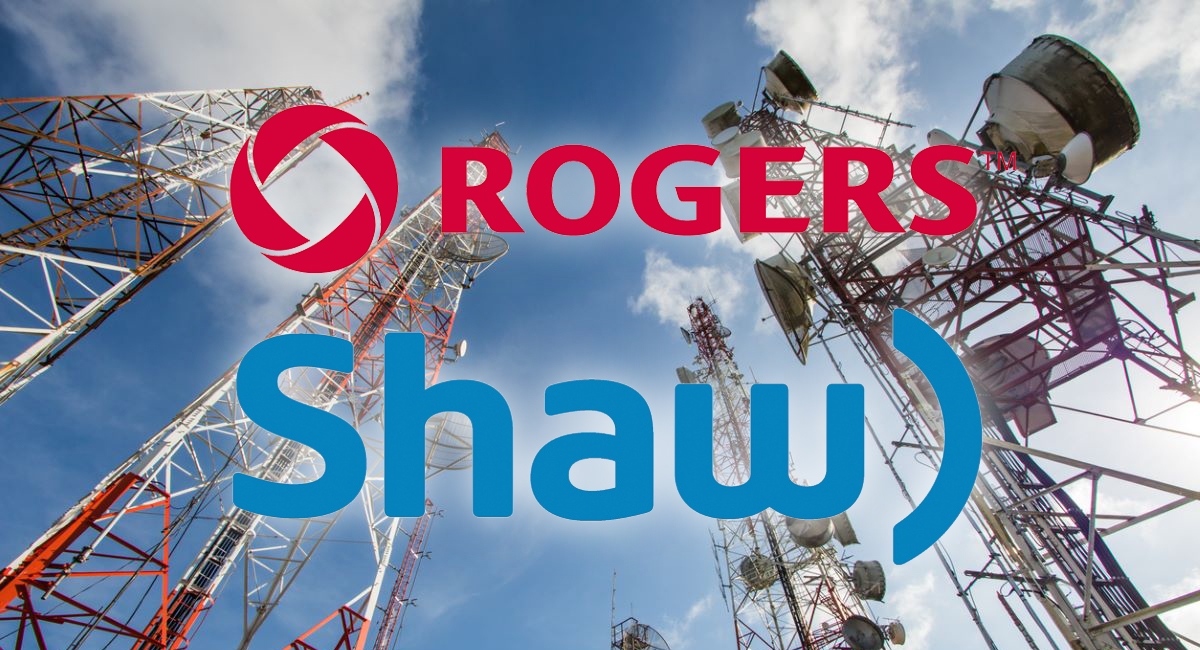
Will Canada Lead or Follow the USA to Online Gambling Regulation?
On first appearances, unlike many aspects of our cultures and legislation, the regulations governing the Canadian online gambling industry and those in the US look rather similar. Both nations have federal laws in place for the issue, yet they allow the states and provinces to make the final decision to offer games of chance online themselves. Interestingly, however, this two-tiered approach to regulation has produced two very different gaming industries.
In the US, the stringent UIGEA forbids companies accept necessary payments required for gambling activities. Under this model, offshore operators usually come out the best. Those who are willing to bend the law get paid well. Of course, some states have legalized online gambling and these out of country providers don’t fair quite so well there. That said, there are still millions of taxable dollars being removed from state economies each year.
Meanwhile, the Canadian system also struggles to discourage offshore operators. However, there is much less incentive for Canadians to use these often-unlicensed venues when gamblers have ample trustworthy and licenced options available in all provinces.
The United States
In the States, the federal government legislated all online gambling with the Unlawful Internet Gambling Enforcement Act of 2006. The UIGEA made it illegal for any US operators to accept bank transfers from citizens. Understandably, this caused many providers to shut up shop. It was a black day for many casino enthusiasts, as well as amateur and professional poker players alike. Interestingly, there was no mention in the legislation of actual individuals being excluded from to gambling online though.
Since there was still a rife market for gambling in the US, other operators moved overseas and either flouted the rules from afar or insisted on users transferring money to an offshore handler such as one of the many eWallet services available.
However, states themselves are still allowed to offer their own online casinos to the residents. This is perfectly legal providing that no one living outside of the state can use the service. The situation resulting from this approach to legislation is one in which offshore operators choosing to break the rules excel and each state has its own confusing system of rules and regulations for gambling online.
Some states such as New Jersey, Delaware, and Nevada are very welcoming towards the pastime. Meanwhile, in others, it remains entirely illegal. That said, even in these prohibition states, there have only been a few examples of anyone being convicted for online gambling. One involved $100,000 in winnings and $500 fine. Not a bad trade off really.
Despite these three examples of legal states and with essentially no punishment for engaging, much of the United States represents hungry markets to offshore providers. In 2017, the state of New Jersey alone reportedly generated $100 million is taxes from online gambling since 2013. If the legal market is so fertile, imagine how much is still going to offshore providers.
Canada
Canada is entirely different from our American neighbours. Here, we have a federal law that was last properly updated in the 1985. Previous legislation had stated that all gambling was illegal. However, amendments to that Criminal Code allowed charities to provide small-scale games of chance in the late 1960s. This was followed by the 1985 amendment which allowed the states to determine their own laws on the matter.
Despite the wave of innovation that has occurred in online gambling since those days, the current system seems to work well for the Canadian people. However, offshore operators still target our markets though. This actually prompted the government of Québec to act in 2016. They passed legislation to force internet service providers to ban the IP addresses of these out of country providers. The constitutionality of such a law is unclear though, owing to concerns over stifling freedom of expression.
That said, Canada offers much greater choice to its citizens with less oppressive legislation. People here are much freer to choose between where they play their roulette, blackjack, or online poker. We have the best of both worlds being as we can pick from loads of international and domestic brands without being forced to turn to potentially shady operations. We can even play with a no deposit bonus designed specifically for Canadians!
Who Should Lead Who?
Despite the US opening more access to online gambling with their recent repeal of a 1992 Federal law forbidding sports betting, there is one piece of legislation largely prohibiting much online casino action in the States. That’s the UIGEA. If a more liberal law (or a complete repeal) was to replace this act, perhaps the USA could enjoy the kind of gambling market it had at the inception of online gambling. Whilst still making sure she takes her share of the spoils, of course.













